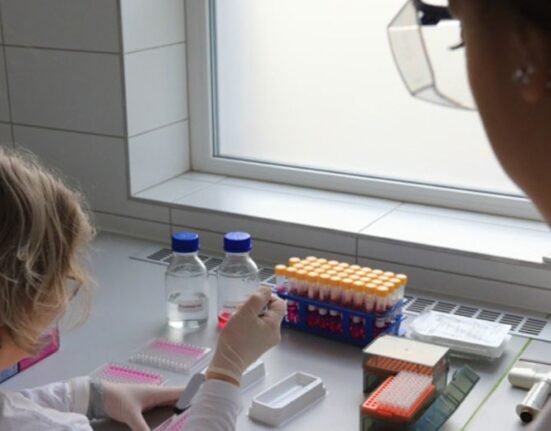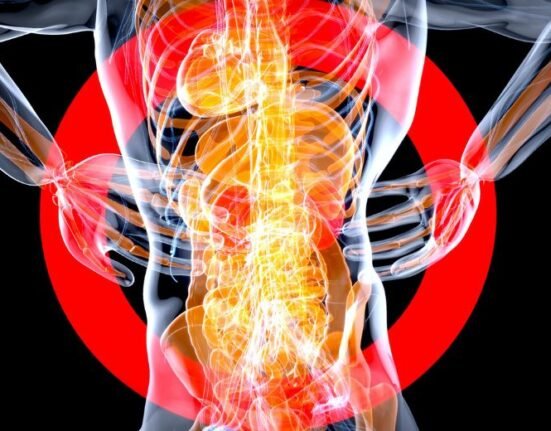HQ Team
February 13, 2023: Kisspeptin hormone could treat hypoactive sexual desire disorder when a person has an extremely low sex drive that causes distress, scientists from the Imperial College London and Imperial College Healthcare NHS Trust found.
Two studies examining the effect of kisspeptin on HSDD were recently published in the journal JAMA Network Open — one focused on women and other men.
HSDD research suggested that it tends to affect more women than men. The condition may come on at any time and can either be a long-term issue or only occur in certain situations.
Those at a higher risk for HSDD include those with low testosterone or estrogen levels, diseases such as diabetes, heart disease, kidney disease, thyroid disorders and mental health concerns, including depression, anxiety and stress.
Relationship issues
People experiencing medication side effects, relationship issues, low self-esteem, and smokers are also prone to the disorder. Its symptoms include lack of sexual desire, inability to be aroused and loss of ejaculatory function in men.
A person can have a low sex drive but not have HSDD. When a person has HSDD, it causes them distress.
Treatment options for HSDD include psychotherapy, sex therapy, lifestyle changes, medications and hormonal therapies.
Kisspeptin is a naturally-occurring hormone that stimulates the release of other reproductive hormones inside the body. It is found in the hypothalamus region of the brain.
It also helps regulate a person’s emotions and mood.
Scanning the brain
Scientists have previously shown in men with intact sexual desire that kisspeptin can enhance responses to sexual stimuli and boost attraction brain pathways, independent of other reproductive hormones like testosterone.
They investigated the effects in women and men with low sexual desire for the first time.
The two clinical trials involved 32 pre-menopausal women and 32 men with HSDD. In both studies, patients underwent scanning of the brain using MRI, as well as blood and behavioural tests.
Kisspeptin administration improved sexual brain processing in both women and men, resulting in positive effects on sexual behaviour compared to the placebo.
“Our two studies provide proof-of-concept for the development of kisspeptin treatments, as we provide the first evidence that kisspeptin is a potentially safe and effective therapy for both women and men with distressing low sexual desire,” Dr Alexander Comninos, co-senior author of the study, said.
Positive effects
“Additionally, in men, we demonstrate that kisspeptin can have positive effects both in the brain and in the penis by increasing rigidity.
“Furthermore, kisspeptin was well-tolerated by both women and men with no side effects reported, which is crucial from a drug development point of view. We plan to take things forward to hopefully realise the potential of kisspeptin therapeutics in psychosexual disorders — sexual problems which are psychological in origin, such as unexplained low libido.”
“Currently available treatments in [the] US for women have limited effectiveness and carry significant side effects such as nausea, drowsiness, and interactions with alcohol,” said Dr Comninos, who is also an honorary senior lecturer in the Department of Metabolism, Digestion and Reproduction at Imperial College London.
“In men, there are no licensed treatments, as Viagra is predominantly a mechanical agent acting on the penis. Hence there is a significant unmet need to discover new safe and effective treatments for distressing low sexual desire,” he said.
The scientists said further trials would be needed in a large group of patients to see how effective the treatment would be. If it goes well, kisspeptin-based therapies for distressing low sexual desire may see the light of day in five to 10 years.
“We have performed early work suggesting that kisspeptin may also have beneficial effects on bones and the liver,” Dr Comninos said.








